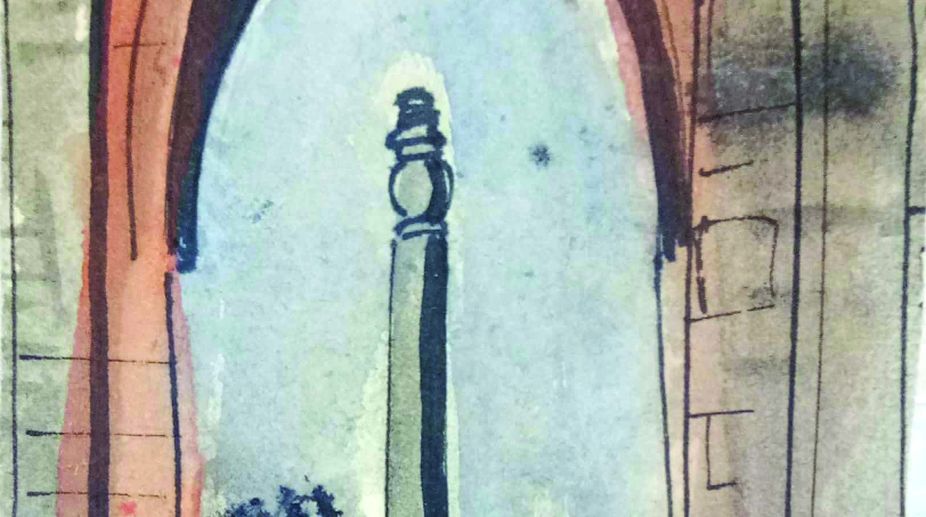A bend in the Koel
From Betla we went a little beyond, to Lat and Kuzrum, mainly in the hope of being able to see…

The koel has been late in calling this year. One heard the bird for the first time on 1 March while walking through the park to the bazaar. The sun was sinking in the west and the trees were standing in their evening silhouette as the bird’s lullaby (or probably call to its mate) continued.
That brought to mind old Sharmaji’s oft-repeated dictum that everyone salutes the rising sun but few bother to even look at it when it is setting after losing its brilliance. The Bible says, “Let not the sun go down on your wrath” (forget and forgive at day-end).
An Urdu poet of Hyderabad was reported by Hamari Zaban weekly as saying he had poignantly observed that it was only the sunlight that goes away with the sun (“Ek dhoop thi jo aftab ke sath gayee”). Similarly, it’s the moonlight that goes away with the moon. It is interesting to note the sun’s link with the Qutub Minar. At the summer equinox the Qutub does not cast a shadow at noonday ~ though skeptics say it is there but just about an inch or so in length.
Advertisement
One witnessed this phenomenon many years ago but it’s still a vivid memory, not only of the Qutub but also of Alai Darwaza of Alauudin, which stands as a citadel guarding the minar, though it was built long after the construction of Qutub-ud-din’s Victory Tower.
Next time, when the sun sets and the koel calls, do spare a thought for the invigorating sunlight (“dhoop”) that has gone away like a coy bride with its progenitor, “Aftab”, the Urdu name for Sooraj that has been commemorated also by some Hindi poets waxing eloquent on “Sura-ast” at the Sangam, the ghats of Banaras, and on the banks of the Godavari. But Sharmaji’s dictum still holds good.
Advertisement